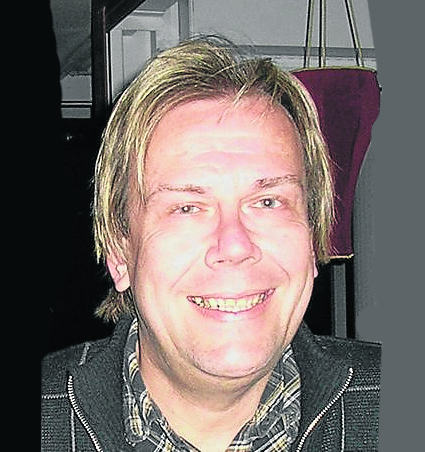THE death of the Queen and the way the British TV channels clicked into ‘rolling news coverage’ many hours before the official announcement yesterday reminded me of my three decades working for the BBC and its procedures for royal deaths.
I already knew the Queen had passed by early afternoon on Thursday having exchanged messages with ex-BBC colleagues who told me the BBC was already in ‘full gear mode’.
It meant that all broadcasters and presenters had their black suits and dresses at the ready, or already on.

One of them told me she expected the official announcement would be made during the night or early on Friday, before breakfast… but I guess it just became too hard to stop it leaking out abroad.
When I had first begun working as a BBC reporter in the 1980s there was no rolling news outlet, like BBC News 24 or Sky News, on either television or radio.
Yet each regional centre, such as Broadcasting House in London, had a list of key instructions to be followed in case of a royal death.
Be it in Lancashire or Derby, where I was a radio presenter for years, it would tell you to look out for teleprinter or telex orders telling you when to move over to BBC Radio 4 for a formal royal death announcement to be made.
BBC Local stations were deemed not to be capable of having enough gravitas to announce such an important piece of news and to be fair, all of the BBC’s national radio stations would join Radio 4 as well.
There was the odd rehearsal here or there, both in television and radio, over procedures in case the Queen died.
One infamous rehearsal, at BBC Radio Scotland, saw management heads roll as some staff were unaware of what was going on, and an announcer came within an ace of announcing the Queen had passed away.
Fortunately, as folklore goes, he sensibly decided to double-check what had been passed to him.

Years later in 2002, I was hosting a Saturday sports show from Maine Road – the old home of Manchester City.
The Queen Mother had been ill for some time and had died, with the news filtering through at around 5.40pm – well after the match had ended.
We could not mention it but instead had to ‘cross over’ to London at 6.00pm for ‘an important announcement’.
I was totally convinced that Buckingham Palace waited until all the Premier League 3.00pm kick-offs had finished before deciding to make the sad news public.
By that time, the rule book on how broadcasters handled royal deaths had changed with the dramatic death in 1997 of Princess Diana in Paris.
She was not a ‘category one’ royal, which meant that totally rigid procedures did not have to be followed.
Category one, if I remember rightly, was assigned to the Queen and the Duke of Edinburgh, which explained last year’s (and yesterday’s) blanket and simultaneously casted BBC TV and radio coverage on the day Prince Philip died.
There was criticism aimed at the BBC that it was excessive and viewers were deprived of any choice, despite the fact that ITV pretty much did the same.
I didn’t hear anyone repeat those comments for the Queen yesterday.
READ MORE:
Leading Gibraltar public figures salute Queen Elizabeth II after her death, cancel National Day

